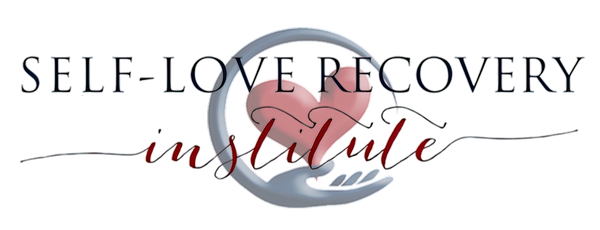Ross Rosenberg's Blog

A Codependent Cannot Be a Narcissist
Ross is frequently asked the question, "can a person be a codependent and narcissist at the same time." Codependents ask this question because of their distorted sense of self and personal boundaries.
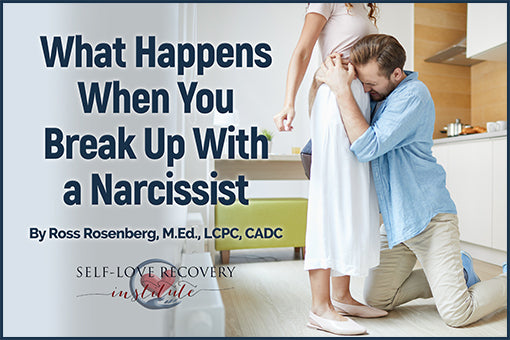
What Happens When You Break Up With a Narcissist
Most narcissists who are facing “the boot” will do almost anything to stall or buy time. They try to regain a foothold on the codependent’s demonstration of power, control and resolve. Any last-ditch efforts or promises to change or stop may be genuine but are impossible and do not elicit permanent results. This is because pathological narcissists lack the psychological resources, ability, and insight to stay focused on what is wrong with themselves
To Dash or Not Dash - Co-Dependency's Evolution
The “dash” version of co-dependency never advanced beyond its original family systems theory influence. Still, it sheds light on the addict’s chemical dependency and their partner’s propensity to sabotage their treatment unconsciously, reflexively, and predictably. Moreover, with the development of the co-dependency term, concept, and burgeoning treatment accommodations available to them, positive and negative treatment outcomes could be statistically correlated to the participation of the partner to the addict.
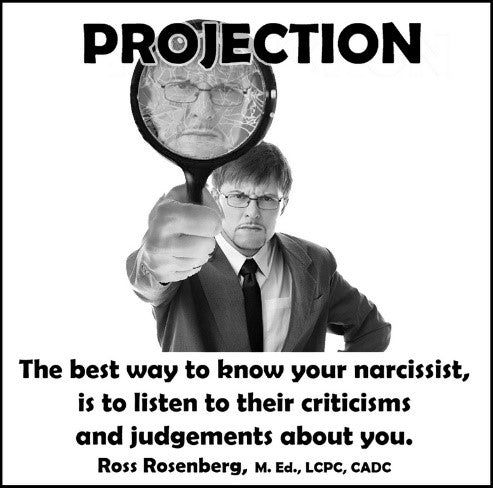
PROJECTION AND NARCISSITIC INJURIES
Projection is a defense mechanism that invisibly and unconsciously protects the narcissist from understanding their true shame-dominated and self-hating selves. Narcissists project their self-hatred, self-judgment, and unexpressed rage over their unmitigated child abuse onto a safer person: the offending and supposedly injuring person. Projection conveniently shifts, places, and diverts all of what the narcissist hates about themselves, which is too painful and unsafe to recollect, onto the person they misperceived as hurting them.

TALKING ABOUT A REVOLUTION
Excerpt from “The Codependency Revolution:Fixing What Was Always Broken (2024)” Ross Rosenberg, M.Ed., LCPC, CADC The Outside Revolution “…..As my typing fingers translated the circuitous exploratory processes of my mind, I...
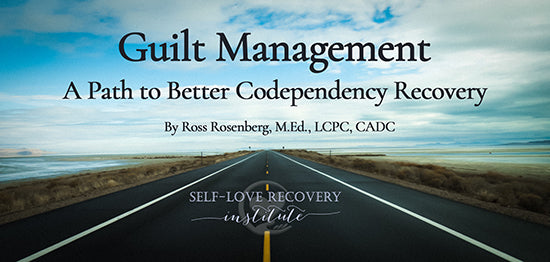
Guilt Management: A Path to Better Codependency Recovery
If you find yourself in a relationship with a covert narcissist, it can be extremely difficult to escape. Covert narcissists are masters of manipulation and control, and they will do everything in their power to keep you under their thumb.
Here are five tips on how to break free from a covert narcissist.

Be Aware of Self-Proclaimed Narcissism Experts
The most influential, and perhaps manipulative element of such self-described “gurus” is the exaggerated promise for long-term relief from exquisitely painful narcissistic abuse. These “successful” content producers purposely hide their lack of problem-specific education, training, experience, all of which would qualify or disqualify them from being a legitimate codependency or narcissistic abuse treatment specialist.

12 Most Frequently Asked Questions About Narcissism
Ross Rosenberg answers the most frequent questions about narcissists, narcissistic personality disorder (NPD), narcissistic injuries, healthy narcissism, boundaries and more...
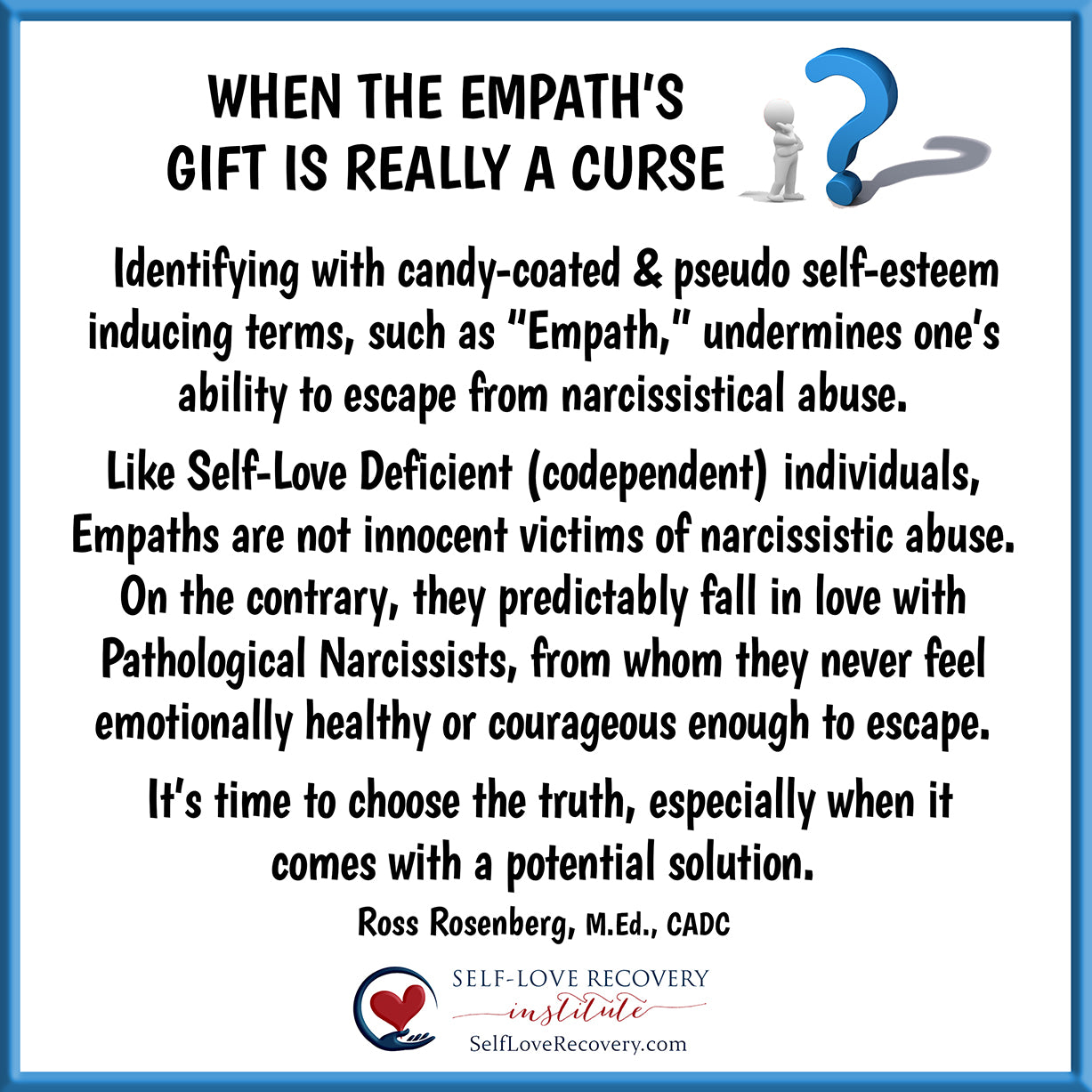
"Empath" Is Not the Same as "Codependent"
I have to be honest, I do not like when the term “empath” is used interchangeably with “codependent.” “Empath,” which has its origins in the spiritual and metaphysical world, was never intended to be a replacement term for codependency. An empath is defined as a person with the paranormal ability to intuitively sense and understand the mental or emotional state of another individual...

"Codependency" No More
“Codependency” is an outdated term that connotes weakness and emotional fragility, both of which are far from the truth. The replacement term, “Self-Love Deficit Disorder” or SLDD, takes the stigma and misunderstanding out of codependency and focuses on the core shame that perpetuates it. However, inherent in the term itself is recognizing the core problem of codependency and its solution.
